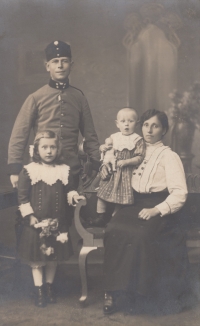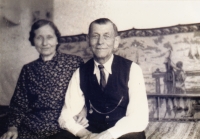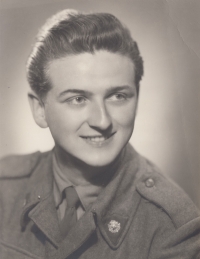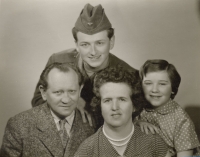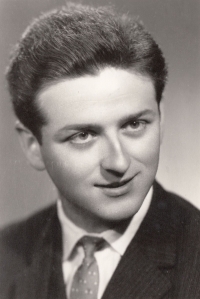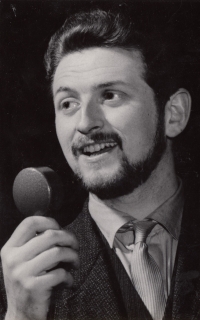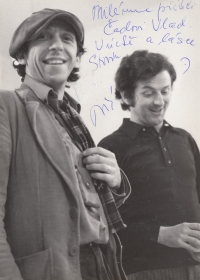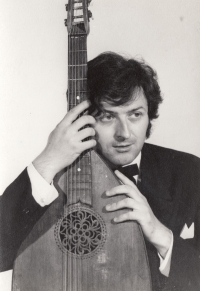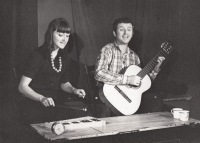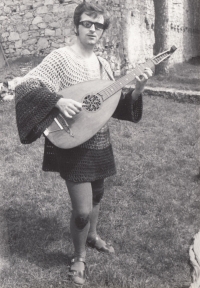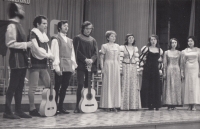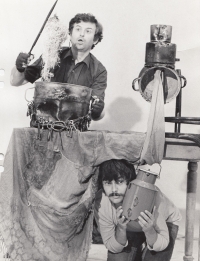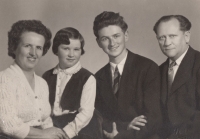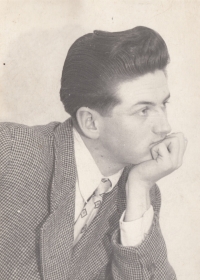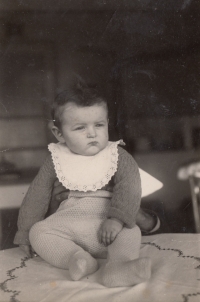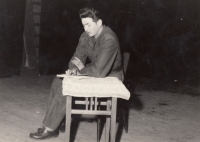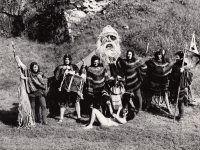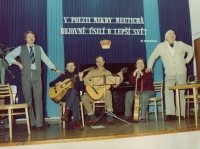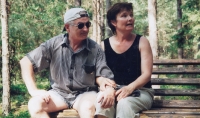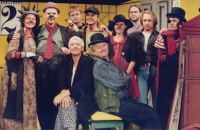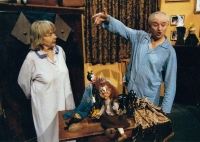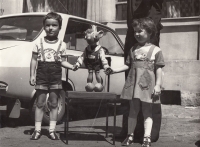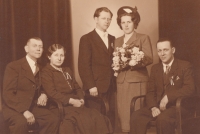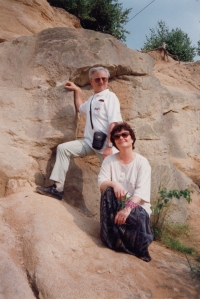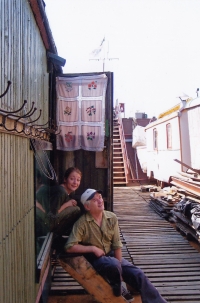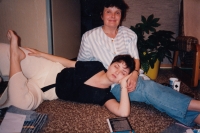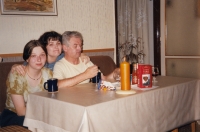I like to call things by their real names, whatever it takes
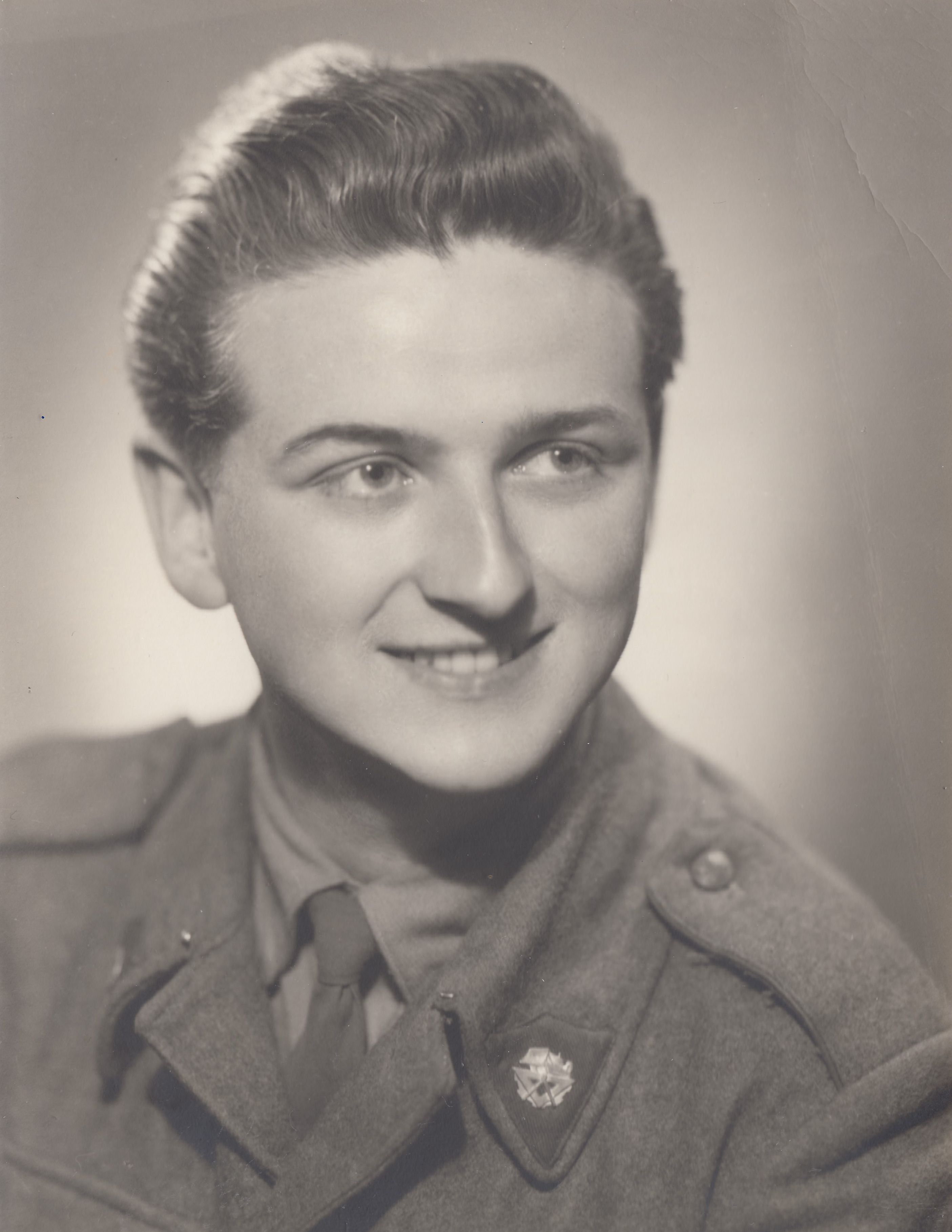
Download image
Vladimír Čada was born in Pilsen on 3 July 1940. He grew up in Dobřany, from where his family moved to Štěnovice. Here they also worked in their hairdressing salon - barber shop. In Štěnovice they experienced air raids and the arrival of American soldiers, and then they returned to Dobřany. After February 1948, the communists nationalized the family’s shop. Vladimír graduated from the Secondary Industrial School of Construction in Pilsen in 1958, after which he started working at the Ground Constructions Sokolov. In 1960, he enlisted in the Auxiliary Engineering Corps in Zákupy near Česká Lípa, where he gained valuable contacts, after which he was employed at the Puppet Theatre in Košice. However, he did not think he was ready for acting yet, so he worked as a guard in Bory prison until the spring of 1969, where he also experienced the occupation by the Warsaw Pact troops. He then joined the Alfa Puppet Theatre, where he finally launched a successful career. In 1972 he married Sáša Vykydalová, with whom he raised three children. During the Velvet Revolution, he performed with his colleague Bob Holý at demonstrations with musical numbers and also put up posters. He was also the founder of the Civic Forum and lectured in various places in western Bohemia. After his retirement, he devoted himself to his grandchildren and music.
